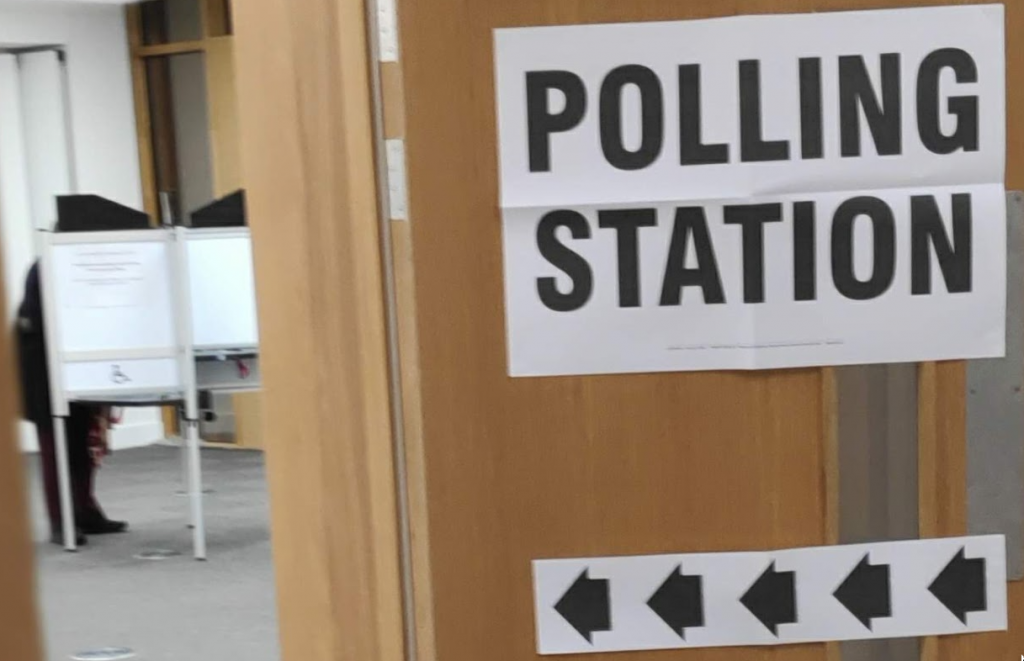No seat is safe: Tory by-election defences

Sometimes one question gives you every answer. Are we living through another 1996, or another 1991?
The Tories are riven with infighting and far behind in the polls with at most 18 months to go until the election, but some see parallels to John Major’s predicament before he won the 1992 election. That election was won against expectations in large part due to his personal popularity. While ‘The Government’ had deeply negative ratings throughout 1991 and early 1992 he never fell underwater personally, and as the election approached his ratings rubbed off on the government much more than vice versa.
More optimistic Tories see a parallel here to Rishi Sunak, who likewise outpolls his government by a fair margin. But unlike Major, Sunak does not have net positive ratings overall, and his ratings are falling towards the government’s already. ‘The Government’ also has (even) worse ratings now than it did ahead of the 1992 turnaround.
If we are in 1996, then I think it tells you all you need to know for the upcoming Tory by-elections. Ordinarily I’d take a broad approach to these contests, focusing on seat demographics, candidate quality, and other factors. But sometimes a government becomes so unpopular that none of that matters much.
After John Major’s miracle in 1992 things quickly fell apart for the Tories, who went behind in the polls before Christmas and never regained the lead. They also never successfully defended a single by-election in eight attempts from then to 1997.
The depth of their struggles really can’t be overstated. The Tories saw double-digit swings against them every time, ranging from 11% to 35%. Twice they went straight from 1st to 3rd. It didn’t seem to matter if they were defending urban battlegrounds or rural heartlands, or the size of their majority. The public simply wanted to give the Tories a kicking, and did so at every opportunity.
There has been some speculation about whether the Tories, and Sunak in particular, may be able to salvage some good news from upcoming by-elections. They are defending some sizeable majorities, and it is hard to believe they are really going to lose seats like Selby and Ainsty which Labour would need a swing of around 18% to topple. I have become less sceptical about this as Tory polls worsen and that mid-90s mood seems to set in nationally.
The 20% poll leads Labour are regularly seeing don’t quite seem real, but they probably are judging by recent by-elections and the May locals. The locals weren’t an unmitigated success for Starmer, but they were a true disaster for the Tories. And in by-elections, even ignoring spectacular Lib Dem victories, Labour have seen double-digit swings in already safe Labour seats and a 13% swing to gain Wakefield when their national poll lead was still single digits. An 18% swing to win Selby and Ainsty might seem daunting, but in this national environment it’s eminently achievable.
Punters have warmed to this view over the last few weeks, with Labour becoming clear favourites in Selby and Ainsty. I think they are right, and the longer odds left (3/4 at UniBet) remain slight value. Starmer may be no Blair, but Sunak is no Major and perhaps that’s more important.
(UniBet odds correct as of 10am Saturday 1 July)
Pip Moss posts on Political Betting as Quincel. He has bets on Labour winning Selby and Ainsty at 5/4. You can follow him on Twitter at @PipsFunFacts